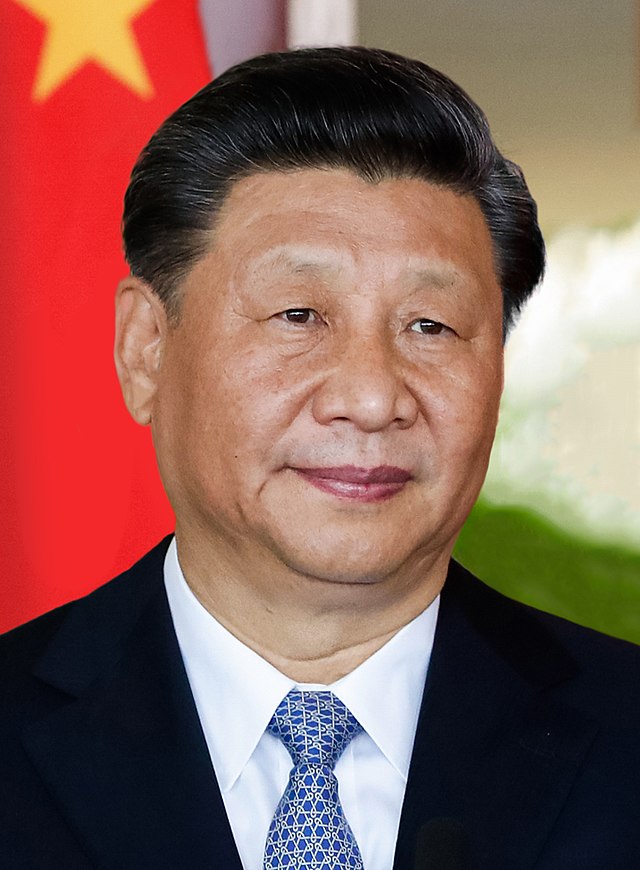Xi Jinping faces backlash as protesters in China and the U.S. decry Xi’s “zero COVID” strategy that he is enforcing in China. This strategy imposes strict restrictions, even going as far as denying entrance to tourists.
The strategy has led to multiple demonstrations that have made their way to the U.S. Students at Harvard University protested the policy, calling Xi to step down as the leader of China. They wore COVID face masks to protect their identities and avoid connection to their families in China, who could face repercussions from the authorities. Other protestors also gathered in areas of New York and Chicago.
All the backlash and enforcement of the policy follow the rise in Covid cases in the country. On Nov. 28, China reported over 40,000 new COVID-19 cases.
CONGRESS INTERVENES IN RAIL STRIKE
The U.S. House of Representatives passed a bill to deter a rail strike. Railroad workers planned to strike in the beginning of September, but Congress initiated negotiations before the situation escalated.
On Nov. 30, the House voted for unions to strike a deal with rail workers and their directors. This is a step towards better working conditions and paid sick days.
“This overwhelming bipartisan vote in the House of Representatives makes clear that Democrats and Republicans agree that a rail shutdown would be devastating to our economy and families across the country,” President Joe Biden said in a press release.
The bill will now go to the U.S. Senate for a second vote.
ICE RELEASES DETAINEE DATA
On Nov. 30, U.S. Immigration and Customs Enforcement announced that it mistakenly released the personal information of around 6,000 detainees, including their names and nationalities as well as the detention centers where they were housed. According to the Los Angeles Times, this release raises concerns about persecution from the entities the immigrants fled from, including Russia, Iran and China. ICE is currently contacting those who downloaded the leaked information with instructions on how to delete it and monitoring potential reposting of the information.












